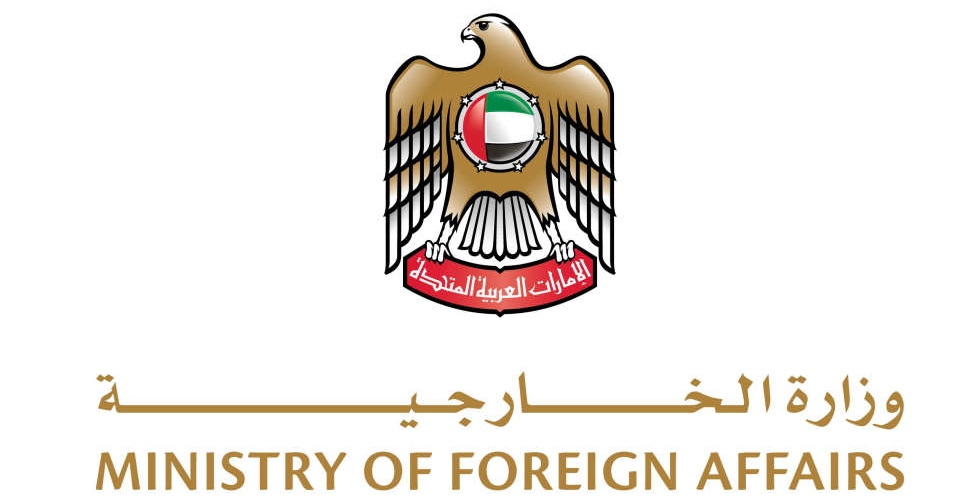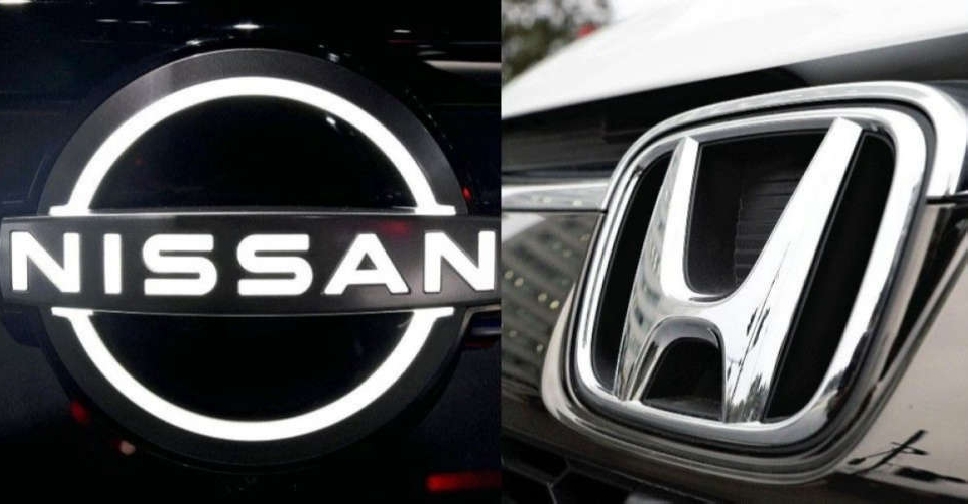
Nissan looks set to step back from merger talks with rival Honda, two sources said on Wednesday, calling into question a $60 billion tie-up to create the world's no.3 automaker and potentially leaving Nissan to drive its turnaround alone.
Talks between the two Japanese automakers have been complicated by growing differences, according to multiple people familiar with the matter, all of whom declined to be named because they were not authorised to speak to the media.
Reuters reported earlier that Nissan could call off talks after Honda sounded it out about becoming a subsidiary. Nissan baulked as this was a departure from what was originally framed as a merger of equals, one of the people said.
It was not immediately clear if the merger could survive, with comments from the two sources appearing to leave open the option for a restart.
Honda, whose market value of about 7.92 trillion yen ($51.90 billion) is more than five times bigger than Nissan's at 1.44 trillion yen, was increasingly worried about its smaller rival's progress on the turnaround plan, another source said.
Nissan shares slid more than 4 per cent on the Tokyo Stock Exchange, which temporarily suspended trading in the stock after a Nikkei business daily report that the automaker would pull out of talks. Honda shares rose more than 8 per cent, a sign of apparent investor relief.
Nissan and Honda said in separate statements that the Nikkei report was not based on information announced by the companies and that they aimed to finalise a future direction by mid-February.
Nissan's long-term alliance partner, French carmaker Renault would "vigorously" defend the interests of the group and its stakeholders, a spokesperson for the group said, adding that recent press information indicated no decision had yet been made on the possible end of the talks.
Renault, which owns 36 per cent of Nissan, including 18.7 per cent through a French trust, has previously said it would be open in principle to the merger.
The prospect of the merger being scuppered raises questions about how hard-hit Nissan, which is in the middle of a turnaround plan and aims to cut 9,000 employees and 20 per cent of global capacity, can ride out its latest crisis without external help.
Honda is Japan's second-largest car maker behind Toyota, and Nissan is the third-largest. The two said in December they were in talks to create the world's third-largest automaker by sales, a move that would allow them to bulk up in an industry facing a huge threat from China's BYD and other electric vehicle entrants.
The talks have also coincided with disruption posed by potential tariffs from US President Donald Trump.
"Investors may get concerned about Nissan's future (and) turnaround," said Morningstar analyst Vincent Sun, adding: "Nissan also has a larger risk exposure to US-Mexico tariffs than Honda and Toyota".
Nissan has been hit harder than some rivals by the shift to EVs, having never fully recovered after years of crisis sparked by the 2018 arrest and removal of former chairman Carlos Ghosn.
"The news saying that Nissan did not want to be a Honda subsidiary appears to highlight that control was a contentious issue," said Christopher Richter, Japan autos analyst at brokerage CLSA.
"Without being able to have control, Honda appears to be walking away."
Nissan and Honda had initially said they planned to decide the direction of the integration by the end of January, but that was later pushed back to mid-February.
Sources told Reuters last month that Nissan's smaller alliance partner Mitsubishi Motors, which had considered joining the merger, might not do so.



 Dubai World Trade Centre generated AED 22.35 billion in 2024
Dubai World Trade Centre generated AED 22.35 billion in 2024
 OpenAI unveils slimmed-down ChatGPT deep research tool
OpenAI unveils slimmed-down ChatGPT deep research tool
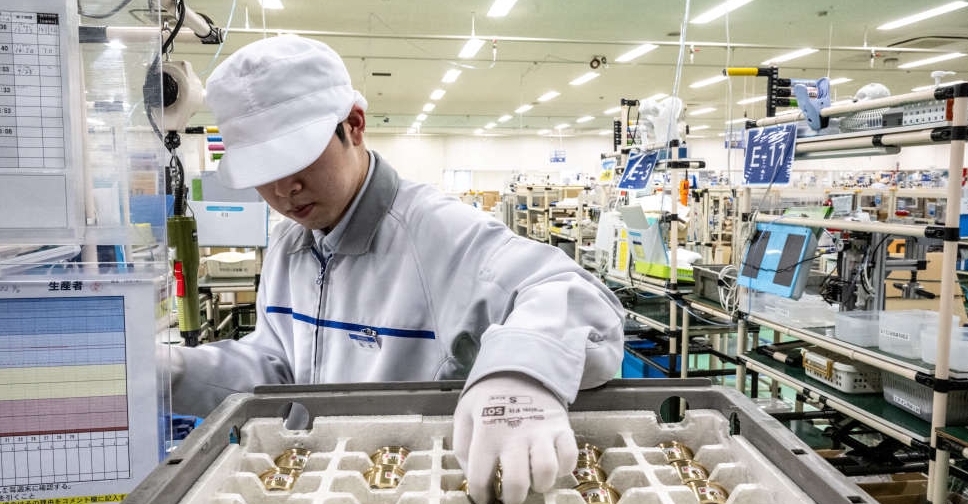 Japan compiles emergency economic package to ease tariff pain
Japan compiles emergency economic package to ease tariff pain
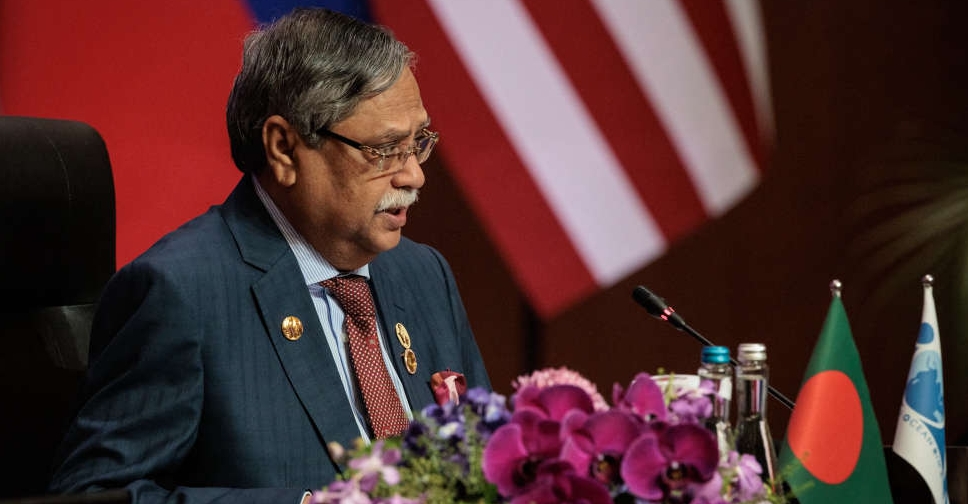 Bangladesh, World Bank sign $850 million deal to boost jobs, trade
Bangladesh, World Bank sign $850 million deal to boost jobs, trade
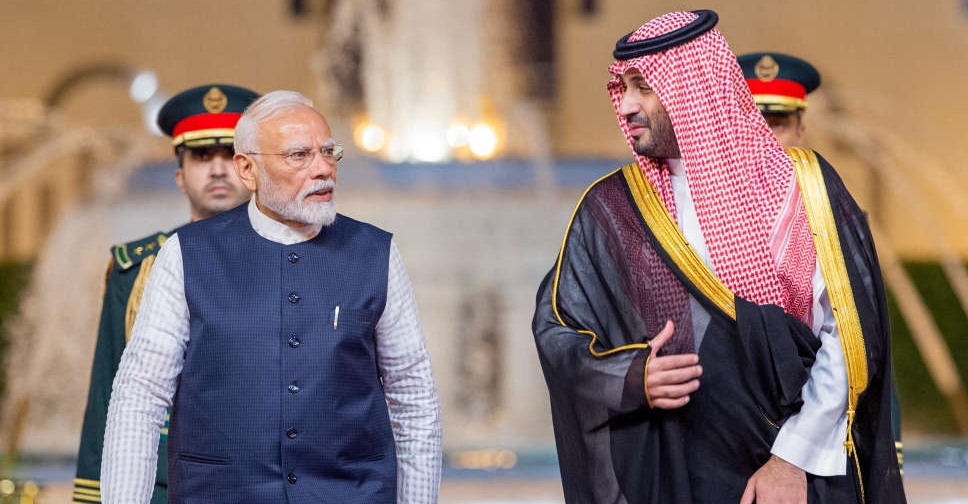 Saudi Arabia, India agree to boost cooperation in energy and defence
Saudi Arabia, India agree to boost cooperation in energy and defence
